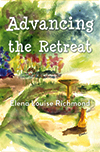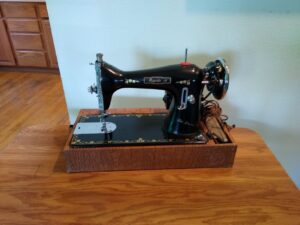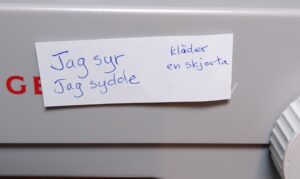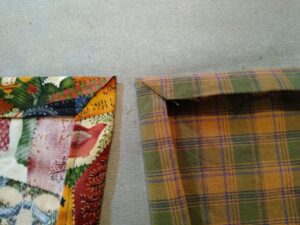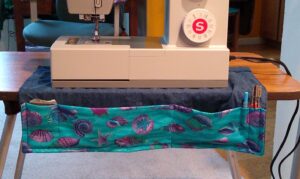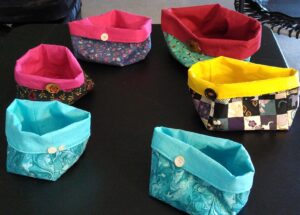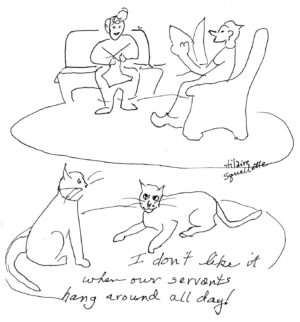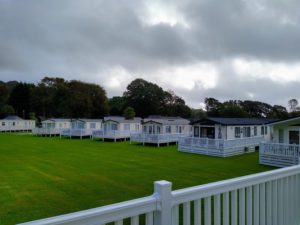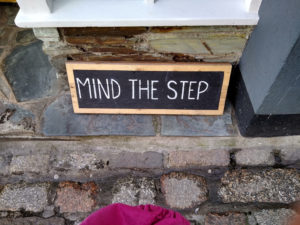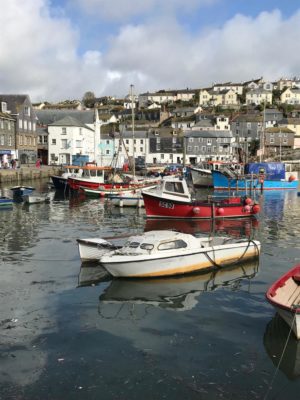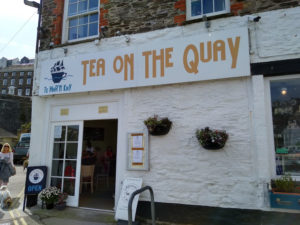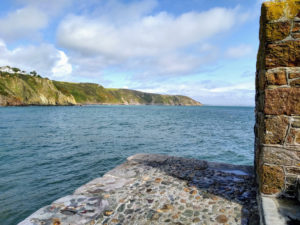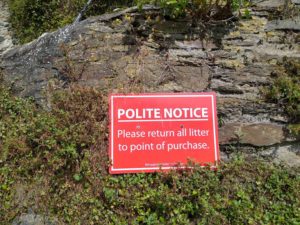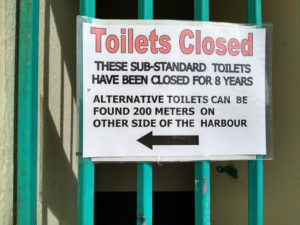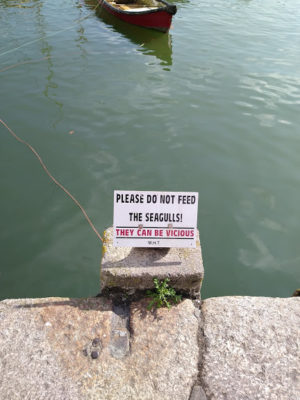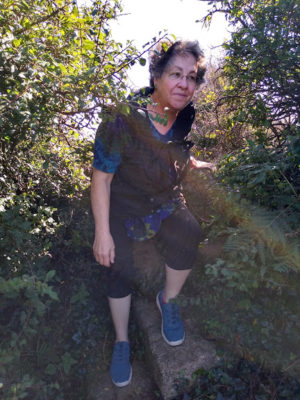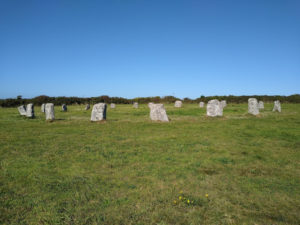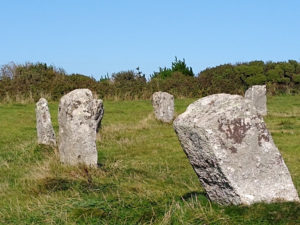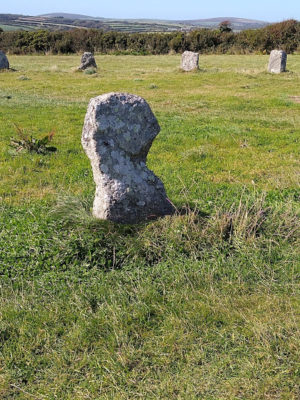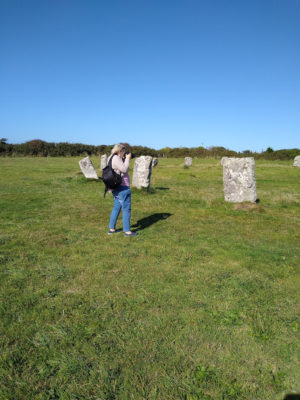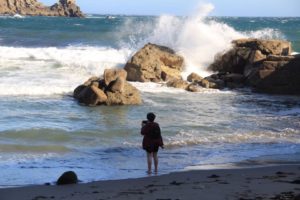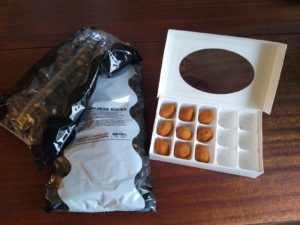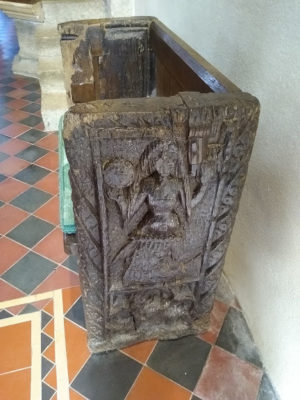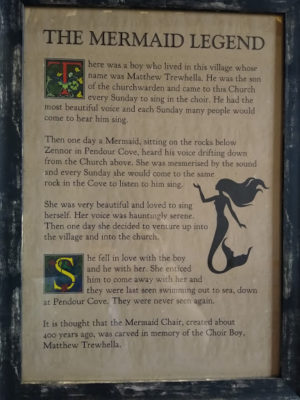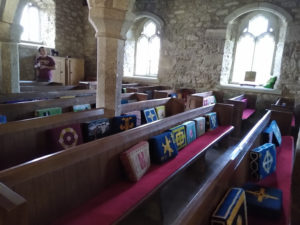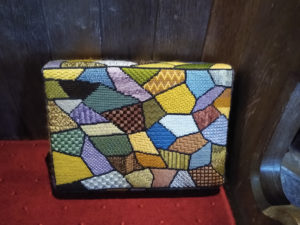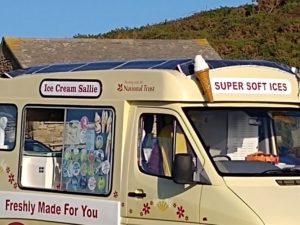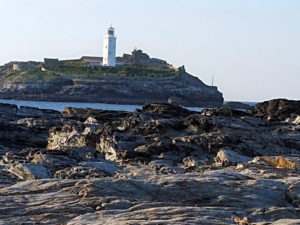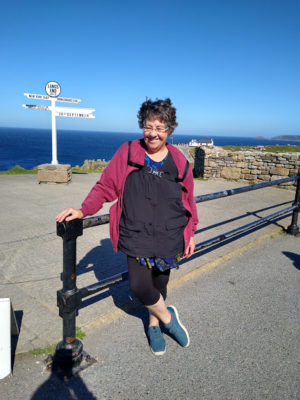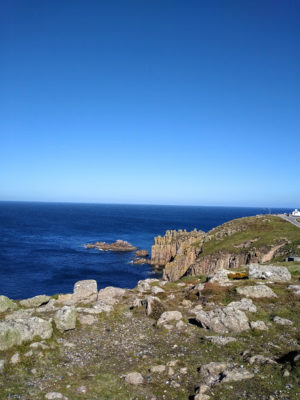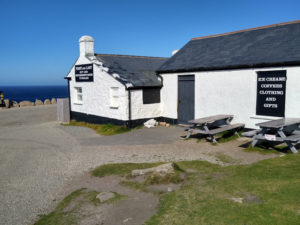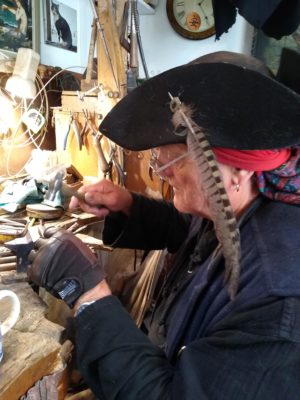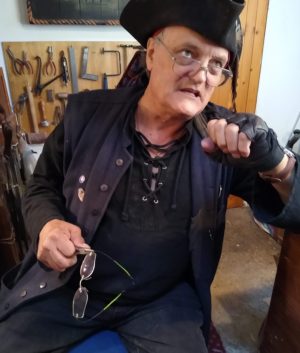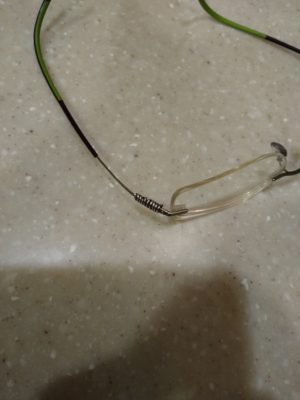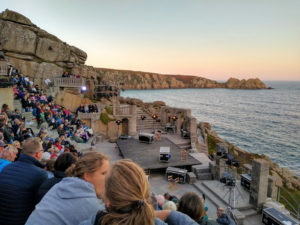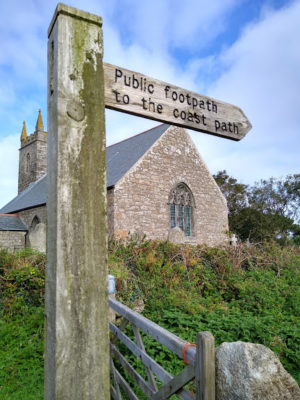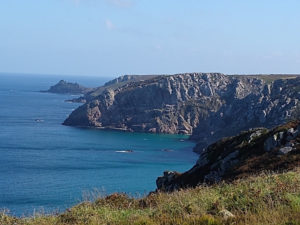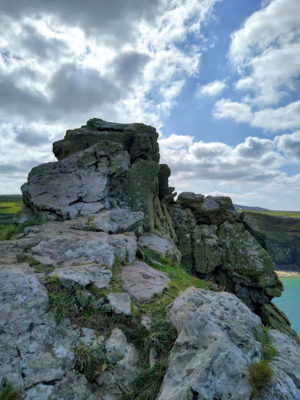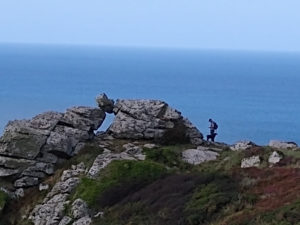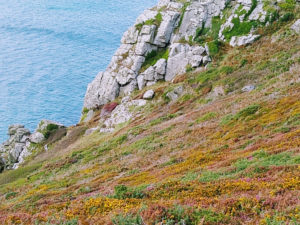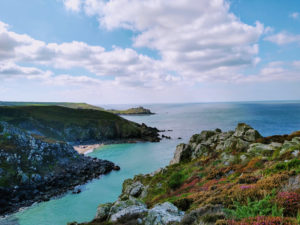Pandemic Project Number Three
I’ve talked about learning to sew for years. I want to be able to make clothes in the colors and styles I like rather than forcing myself into procrustean fashions.
This pandemic and the stay-at-home orders (and my lack of work and ensuing free time) has been a boon to me, a self-learner. I’ve been learning Swedish since February–that would be project number one– and am still loving the great puzzle that is a foreign language. When the cold weather forced me out of project number two, the garden, I began spending more time at the piano and got my singing voice back into shape.
All that was pleasurable and none of it scared me. Sewing does. I actually did learn to sew fifty years ago and still shudder at the experience. Part of it was because my mother was an adept seamstress. Without getting into the psychology of me and my mother (See 99 Girdles on the Wall), I’ll just say every session ended in tears. I took a class at Singer and managed to put together a lovely shirtdress, which actually fit, but which my mother criticized for being too short and showing the tops of my fishnet stockings.
My neighbor Gwen who knows something about just about everything was, in her working life was a dressmaker for a tony boutique in Seattle called Opus 204. Asking her for help with sewing would be kind of like asking Bill Gates to come over and show me how to turn on a computer. Also Gwen is not a teacher. She’s told me this and I know it. The endless patience I have for students she has for machines. The only times I’ve seen her Wisconsin reserve slip is when she is over here trying to figure out what I did to a machine. (Did you take a picture of the way it’s supposed to look? Did you take note of how you took it apart. You did WHAT with a file?)
But Gwen was excited about me learning to sew. She brought over a beautiful old Majestic machine for me to mess around with. It was hard to thread and the bobbin wouldn’t wind because the tire, the little ropey gasket thingy, was broken.
“You can wind the bobbin by hand. I’ve done it a thousand times.”
As horrifying as this sounded to me it did bring with it the reassurance that Gwen was not put off by machines and their quirks. There was always a way to do something. But after many trips over here to see what the hell I needed now, she finally declared the machine more beautiful than workable. She found me a refurbished Singer at a steal of a price and I ordered it.
“Tell me when it comes!!!” she said.
“Yeah, fine.” Someone was excited. I was actually a little excited but the travails with the old Majestic had brought up memories: broken needles, seams wrong sides together, blood, the frustration, the tears.
The machine came, I unpacked it, set it up, fiddled around with it, tried some seams. Gwen came over and did a fancy hem and left the needle placement to the left. I was several projects in when I realized the needle should be in the middle. I had been peering around and under and over, trying both pairs of glasses and then no glasses to set the needle in the right place.
When I want to learn something, I dive in head first. When I run into difficulties, I asked questions. As a last resort I read instructions. If I determine I have bitten off more than I can chew, I back up. I get there in the end, enjoying the ride. This is the crucial part: I have to enjoy the ride or I will never get there.
With sewing I went right to what I wanted: clothes. I found some lovely green broadcloth and a pattern for a shirt that said “Very Easy—Beginner.” Uh-huh. Never mind that it had a collar and fitted sleeves and buttonholes.
“Lay it out but don’t cut it until I can see it,” Gwen said.
Gwen came over and rearranged all the pattern pieces, asking me questions about checking the cross grain and measuring and marking all the dots and arrows.
“Don’t you just line the little thingys up with the selvidge?” Selvidge was the only Big Important Sewing Word I knew.
Gwen thinks with her hands. She looked at me wordlessly and re-did everything.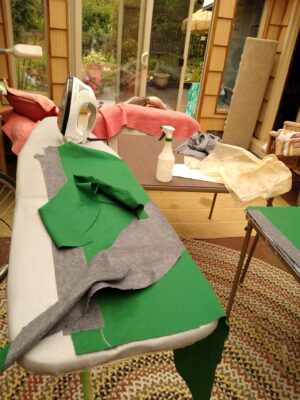
I cut out the pieces for the shirt. I learned how to do fusable interfacing, something that didn’t exist 50 years ago. I sewed the long seams. After a dozen trips across the street to Gwen’s house, I managed the placket up to the point where it had to join with the collar.
Then there was the day I sat for a whole hour (I know this because I had bread rising at home) watching Gwen correct the collar. “You should be taking notes,” she said. “You’ve been asking the same question for three days. Take a picture of this.”
“I could,” I said. “But I don’t understand what I’m looking at.”
To myself, I thought, “This is not fun and oh my god, now I’m afraid of Gwen.”
She and I had a conversation involving the phrase “skill level.” I realized that I didn’t have one. Sewing was not just taking a class and sewing seams. There were basic techniques, apparently starting with the words cross grain,that I didn’t know. There were levels of skill. I wasn’t even in kindergarten here.
It’s like singing. Everyone seems to think they know how to sing because hey, they sang in the church choir, they learned guitar in the 60s and they sing along in the car. A lot of people sing just fine without a single voice lesson. But there are complexities to singing, there are skill levels and there is always more to learn. I’ve been studying singing for 50 years and I still have times when I’ve discovered something new in my voice and I think, “Wow, what did I think I was doing all this time if this is singing!”
I couldn’t sleep that night but I got up with a resolve. I folded up the shirt and the pattern pieces and put them out of my sight. I went to Seattle Recreative and bought a beginner’s sewing book. A Next Door request for scraps of fabric brought me sack loads from women who were clearly cheerful sewers (unfortunate word) who didn’t sob over their machines.
I told Gwen, “You’re off the hook. I am going to start from the beginning and do every Girl Scout project in the book until I achieve a Skill Level.”
Gwen said, “I am so relieved. I hate having to be nice for so long!”
I started with mitered corners on a table runner. I got three out of four corners mitered before I almost cried over the fourth one. I folded up the runner and put it with the green shirt.
I found a beginners project on the Singer website. It was all straight seams. This was fun.
I moved onto fabric boxes. The first one I made could have belonged to the crooked man who lived in a little crooked house. Still the boxes seemed doable and there were skills to be mined from it. I kept making boxes, getting better with each one. That’s where I am now, still making boxes. Still having fun.
 RSS Feed
RSS Feed